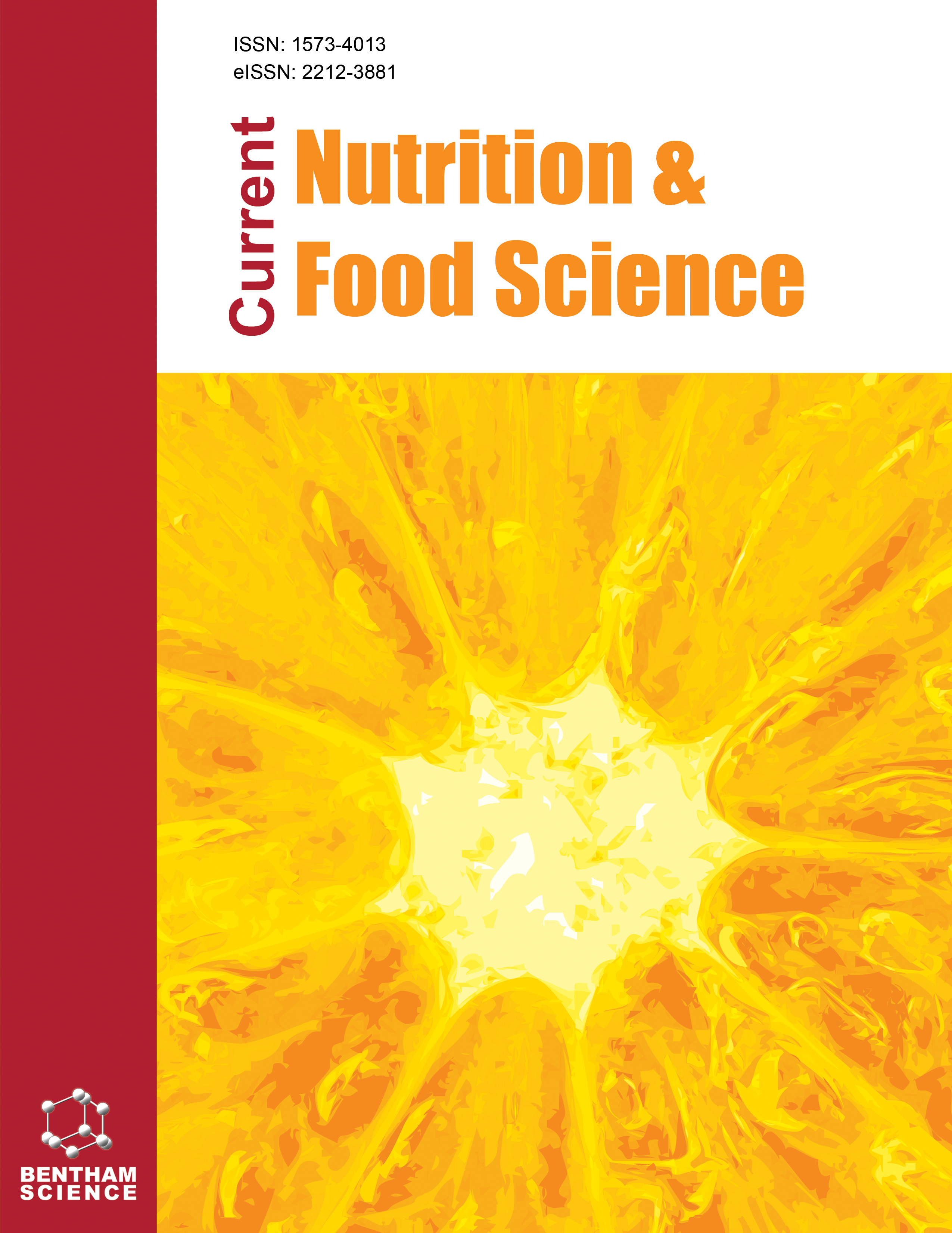
Full text loading...
Non-alcoholic fatty liver disease (NAFLD) is a prevalent liver condition associated with obesity, type 2 diabetes, and cardiovascular diseases. The rising global burden of NAFLD underscores the need for effective management strategies.
This review examines the impact of dietary modifications and physical exercise on insulin sensitivity and overall metabolic health in NAFLD patients. The review synthesizes current evidence on the effectiveness of physical activity and diet in improving liver function and reducing hepatic fat accumulation.
Increased physical activity, including both aerobic and resistance exercises, has been shown to significantly reduce hepatic fat and improve insulin sensitivity in individuals with NAFLD. Additionally, complementary dietary interventions, such as the Mediterranean-style diet, enhance these effects. The review further discusses the role of inflammation and oxidative stress in the progression of NAFLD and the importance of personalized lifestyle interventions.
Effective management of NAFLD requires a multidisciplinary approach that incorporates lifestyle modifications, behavioral support, and emerging technologies for non-invasive diagnosis and disease monitoring. Future research should focus on personalized therapeutic strategies and the long-term sustainability of interventions to mitigate the global health impact of NAFLD.

Article metrics loading...

Full text loading...
References


Data & Media loading...

